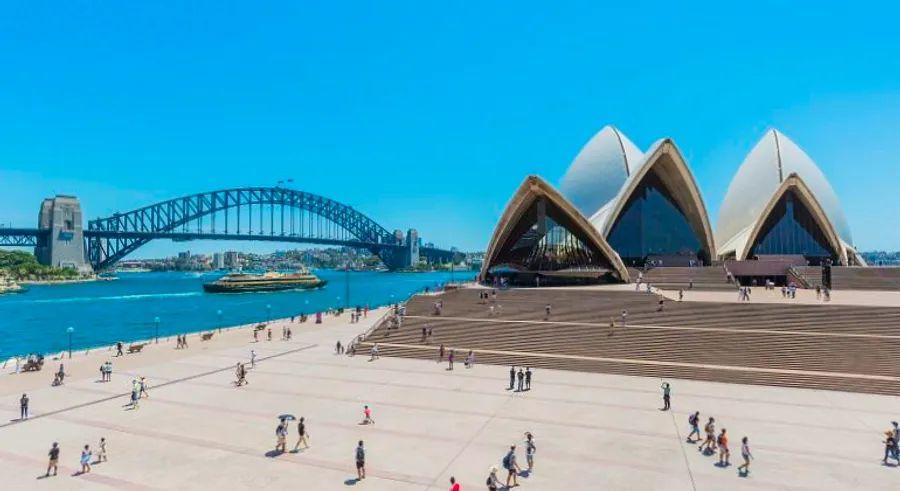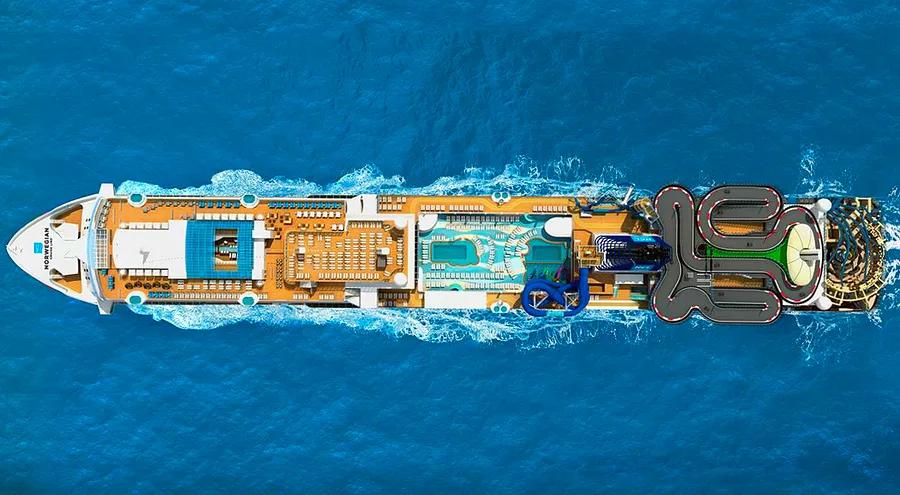Visiting Australia During Covid-19: Key Information You Need Before Your Journey

If you're planning a trip to Australia during the global pandemic, here’s everything you need to know and what to expect before you go.
The Essentials
Australia opened its borders to fully vaccinated travelers on February 21, ending some of the strictest entry requirements in the world.
However, the country is not entirely open without restrictions. While national border regulations have been relaxed, individual states and regions still have their own rules, including testing requirements that were lifted nationwide on April 18.
What to Expect
Looking for vast open landscapes, stunning beaches, or a vibrant food and nightlife scene? Australia offers all of that and more. From the iconic Uluru to the Sydney Opera House, its landmarks range from the heart of the Outback to bustling cities, sacred sites to cultural hubs. And of course, there’s the famous laidback, beach-loving lifestyle.
Who Can Visit
Australia welcomed fully vaccinated tourists back on February 21, though each state has its own specific entry requirements (see below).
The ban on cruise ship arrivals was lifted on April 17.
Entry Guidelines
All travelers to Australia, except those from the countries listed below, must be fully vaccinated. The final dose must have been administered at least a week before departure. An English-language vaccination certificate is required, detailing the vaccine brand, vaccination dates, and the traveler’s passport name and date of birth (or passport number).
As of April 18, a negative pre-departure test is no longer required. However, travelers must complete a Digital Passenger Declaration within 72 hours before departure and wear masks on flights to Australia. Keep in mind that you may still need to take a test to enter any transit countries along the way.
For sea arrivals, a Maritime Travel Declaration must be completed instead of the Digital Passenger Declaration.
Children under 11 are considered fully vaccinated for travel purposes. Those aged 12 to 17 are also treated as vaccinated if accompanied by at least one fully vaccinated adult. Note that some states may require unvaccinated children to quarantine on arrival—check the specific state regulations here. Children under 11 are not required to wear a mask on the flight to Australia.
The previous nationwide quarantine rules have been lifted, with individual states and territories now setting their own policies. For specific details, see the Australian government’s 'Testing and Quarantining on Arrival' page. For example, New South Wales and South Australia require an antigen test within 24 hours of arrival, followed by isolation until the results are received. Queensland has similar rules but mandates private transport for isolation, while Western Australia restricts travel to remote Aboriginal communities until June 15, with potential further restrictions after that date.
Australian citizens and permanent residents are not required to be vaccinated to enter the country. For information on medical exemptions for unvaccinated travelers, visit here.
US CDC Travel Advisory:
Level 3: High. Ensure your vaccinations are up to date. As of June 10, there have been nearly 7.6 million cases and 8,959 deaths.
Helpful Resources
Digital Passenger Form
Covid-19 Travel Restrictions
Travel Exemptions
Travel Frequently Asked Questions (FAQs)
Our Latest Coverage
Australia is a land of extremes. Begin with our guide to the must-see destinations, or explore what we consider the most stunning spots in the country. For Instagram lovers, Perth offers a unique 'Instagram shed' experience.
Feeling nostalgic? Here's a heartwarming tale of a couple who met by chance in Byron Bay.
Evaluation :
5/5



